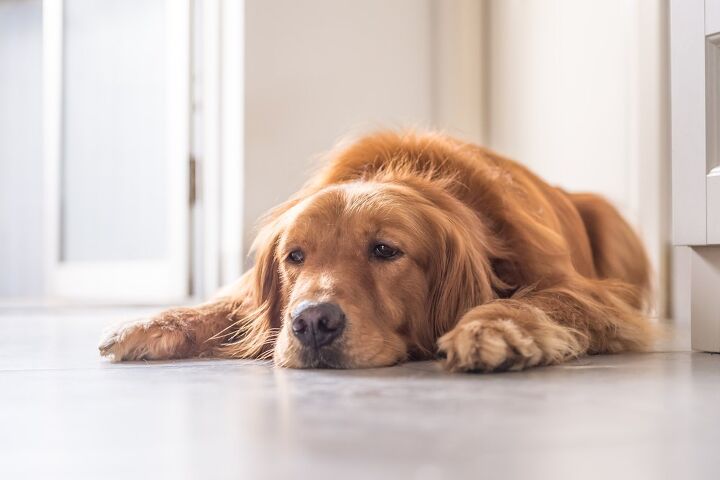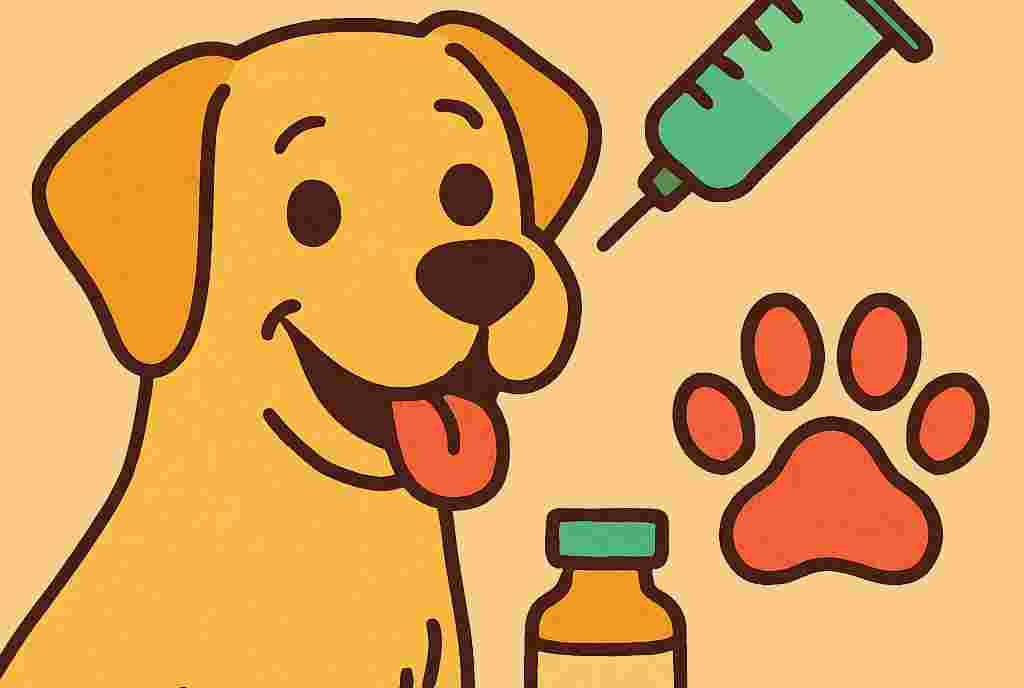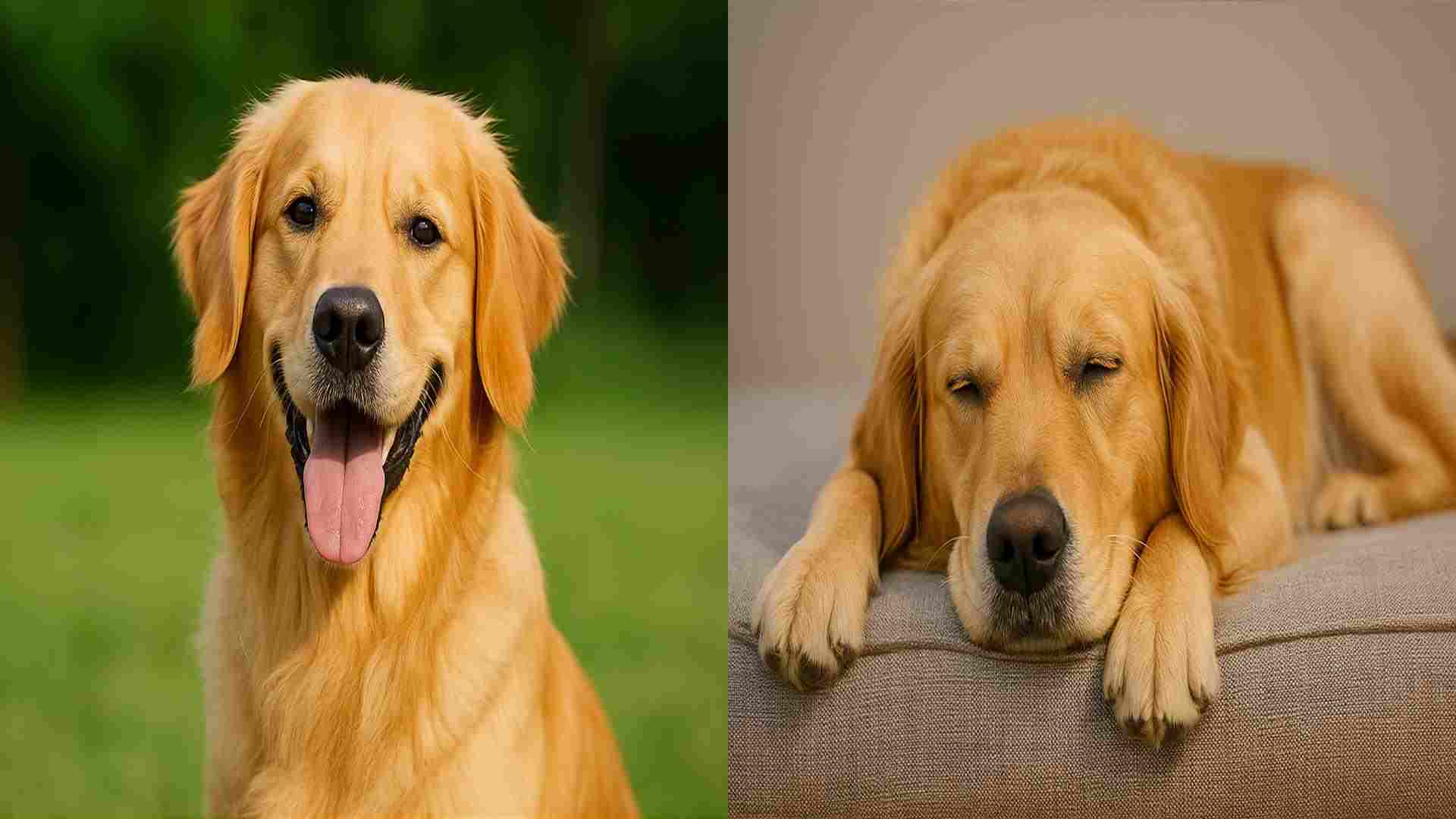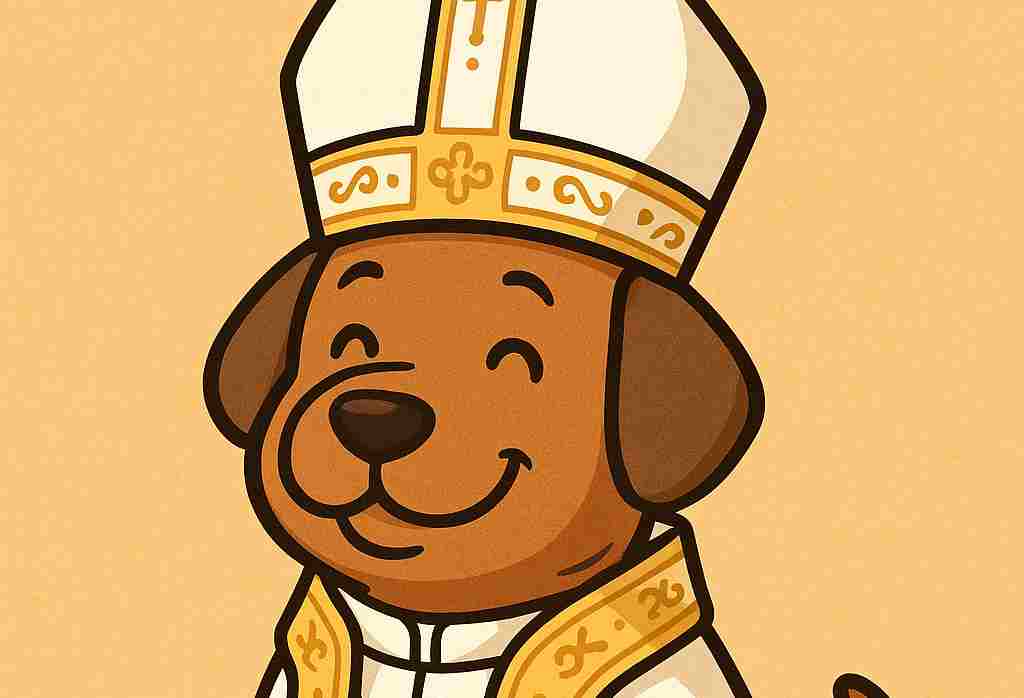One minute, your dog’s happily chasing butterflies in the backyard, and the next—there they are, munching away on your perfectly trimmed lawn like a miniature cow. Sound familiar? If you’ve caught your pup indulging in this unexpected salad bar more than once, you’re definitely not alone. But is this behavior normal, or should you be worried? Let’s dig into the grassy truth!
Is It Normal for Dogs to Eat Grass?
Yes, it’s surprisingly normal! Studies show that nearly 80% of dogs nibble on grass occasionally, and for most, it’s perfectly harmless. But why do they do it? Let’s explore!
The Curious Case of Grass-Eating Dogs
“Dogs eat grass for many reasons, and most of them have nothing to do with health issues,” explains Dr. Jane Barker, a canine behaviorist at the Canine Wellness Institute. “It’s often just part of their natural instincts or curiosity.”
Here are the most common reasons why your dog might turn your lawn into their personal buffet:
- Instinctive Behavior: Wild canine ancestors likely consumed grass and plants as part of their diet. While domestic dogs don’t need to forage, the instinct remains. Explore how wolf DNA still affects modern dogs.
- Boredom or Lack of Stimulation: A bored dog will find entertainment anywhere—even if that means turning into a grazing animal. Mental stimulation is crucial for dog happiness.
- They Like the Taste or Texture: Believe it or not, some dogs genuinely enjoy the texture and taste of grass. Who are we to judge their culinary preferences?
- Attention-Seeking: Some dogs quickly learn that munching on grass gets them immediate attention from their owners—whether positive or negative. Understanding dog communication helps you respond appropriately.
Pro Tip: If you notice your pup consistently heads for the same patch of grass, it might be about the specific taste or scent of that area!
Is It a Sign of an Upset Stomach?
One of the most popular myths is that dogs eat grass to make themselves vomit. While it’s true that some dogs vomit after eating grass, research suggests that only about 25% of dogs vomit after grazing, and most show no signs of stomach distress beforehand.
“Occasional grass-eating isn’t usually linked to nausea,” says Dr. Barker. “However, if you notice your dog heading straight for the grass after a meal and vomiting frequently, it’s worth consulting your vet.”
Friendly Tip: If it’s just an occasional nibble, relax! But if you’re starting to wonder if your pup thinks he’s a sheep, read on…
When Should You Worry?
In most cases, grass-eating is harmless. But there are times when it could signal something more serious. Watch out for these red flags:
- ❌ Vomiting Frequently After Eating Grass
- ❌ Obsessive Grass Eating Behavior
- ❌ Lethargy or Loss of Appetite
- ❌ Signs of Parasites (like scooting or visible worms)
- ❌ Unusual Changes in Bowel Movements
If any of these symptoms appear, consult your veterinarian promptly. Better safe than sorry!
How to Curb the Habit (If Necessary)
If your dog’s grass-eating is becoming a regular mealtime event—or they’re targeting chemically treated lawns—it might be time to redirect the behavior. Here’s how:
-
✅ Increase Play and Mental Stimulation
A tired, entertained dog is less likely to engage in boredom-driven grazing. -
✅ Offer Safe Chew Toys and Puzzle Games
Trade the grass buffet for a puzzle toy challenge—your pup’s taste buds and tummy will thank you! -
✅ Ensure a Nutritionally Complete Diet
Sometimes, dogs chew grass if they’re missing certain nutrients. Review their food with your vet. -
✅ Supervise Outdoor Time
Keep a closer eye on your dog during walks or playtime in the yard to discourage grazing.
Conclusion
Most of the time, your dog’s grassy snack habit is nothing to lose sleep over. But as with any quirky behavior, it’s always good to stay observant. Trust your instincts—after all, no one knows your dog better than you!
Curious about other quirky dog behaviors? **Check out our latest articles on Dog Health
📖 FAQ – Frequently Asked Questions
Does grass-eating mean my dog has a nutritional deficiency?
Not necessarily. While some theories suggest a lack of fiber or specific nutrients might drive this behavior, most studies haven’t found a strong link. Still, if you’re concerned, a vet can help assess their diet.
Can eating grass harm my dog?
In most cases, no. But if the grass is treated with pesticides or herbicides, it could pose a risk. Always supervise where your dog roams and try to avoid chemically treated areas.
What should I do if my dog vomits after eating grass?
If it’s a one-time event, there’s usually no cause for concern. However, if vomiting becomes frequent or is accompanied by other symptoms like lethargy or loss of appetite, consult your veterinarian immediately.
📌 More:
Looking for more tips on keeping your dog happy and healthy? Visit DogCityGuide.com for expert advice, fun games, and product recommendations!




